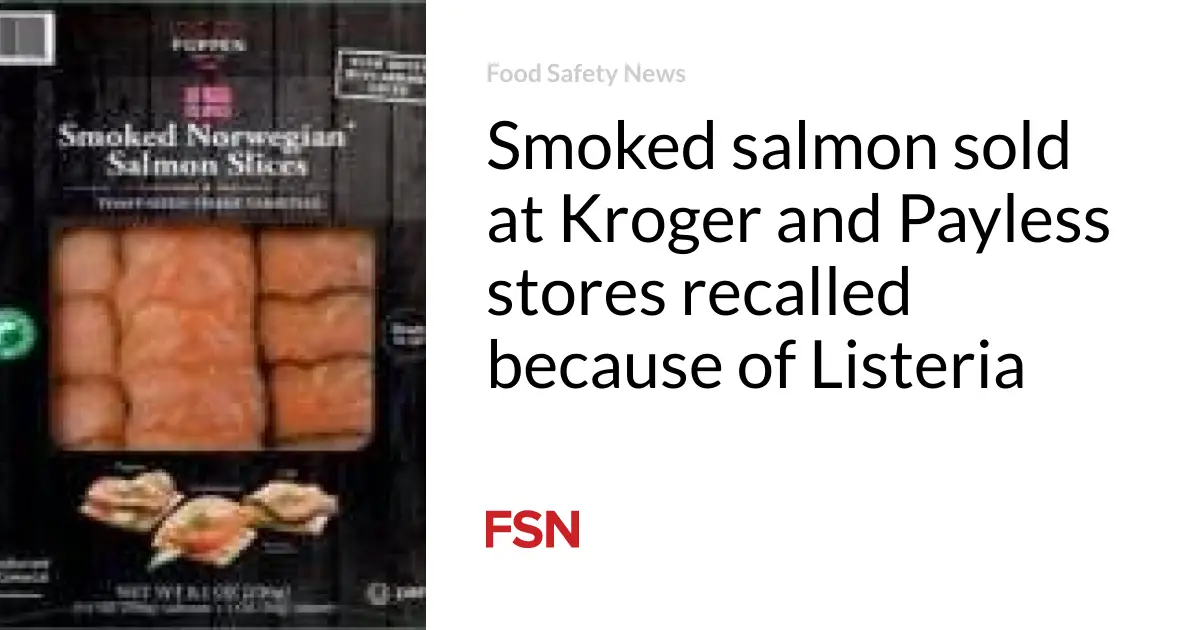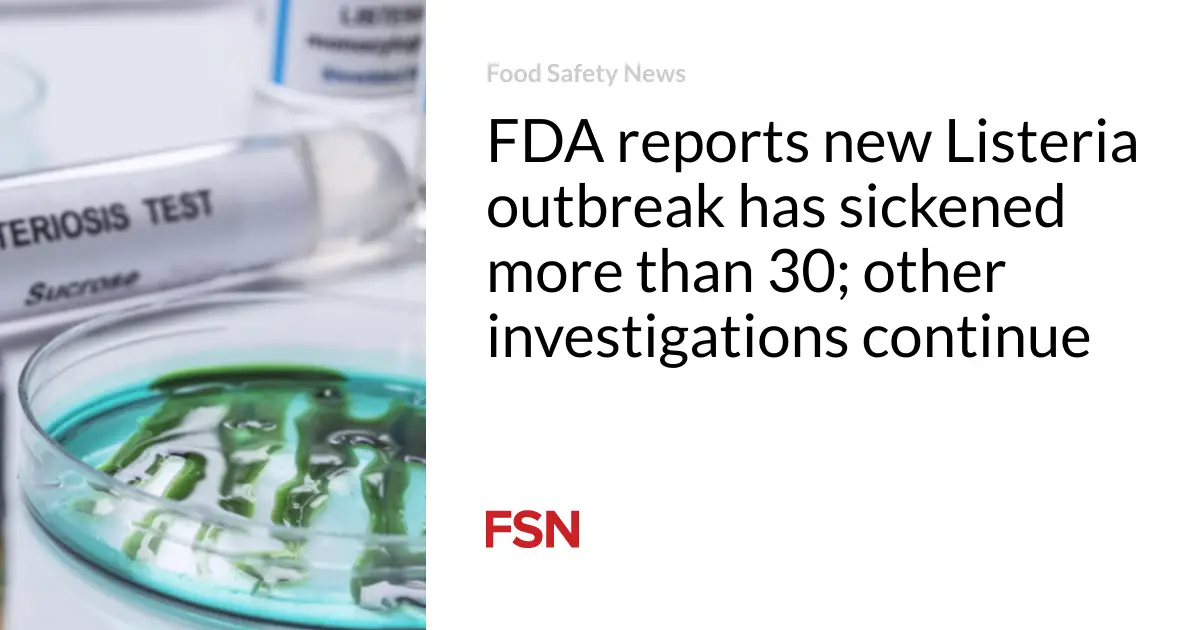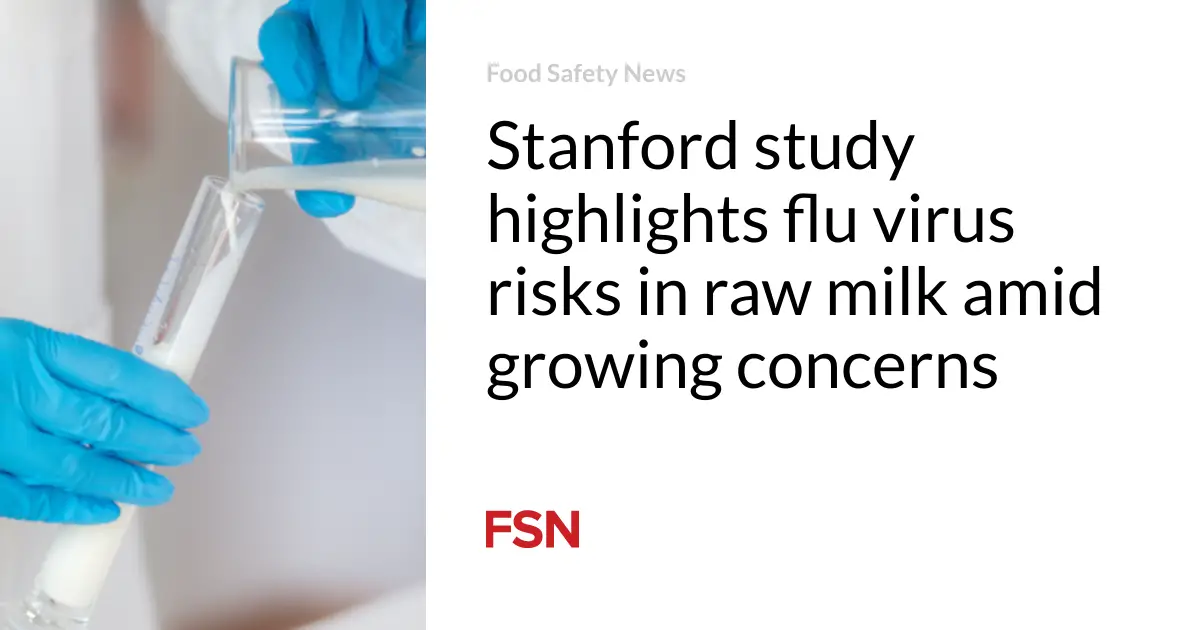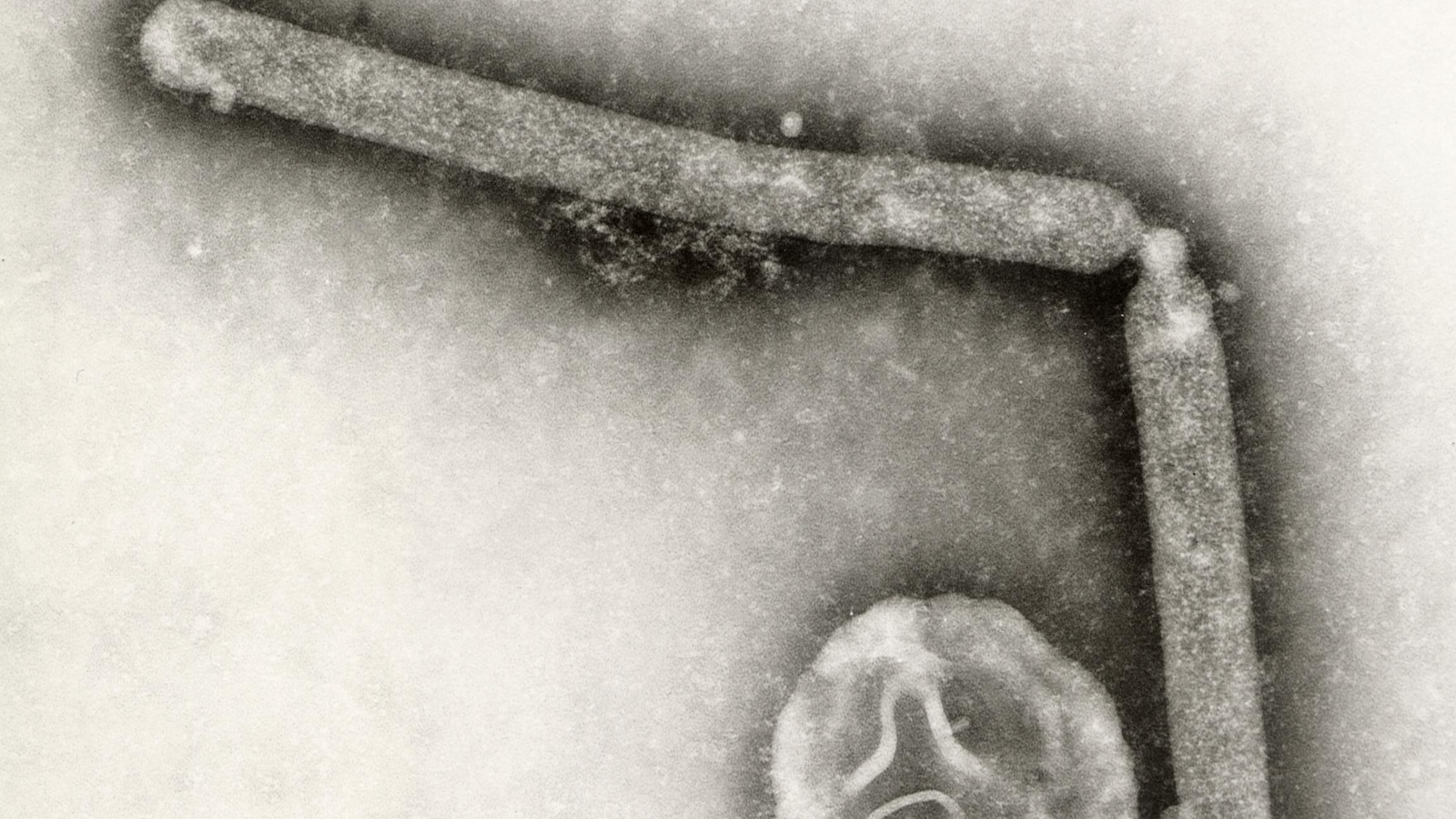
Foppen Seafood is recalling some of its smoked salmon because testing revealed Listeria monocytogenes in lot 412.
The implicated smoked salmon is sold in Kroger and Payless Supermarkets across 15 states.
Consumers can use the following information to determine whether they have the recalled product in their homes:
- Product Name: Foppen Smoked Norwegian Salmon Slices – Toast-sized
UPC: 8 40137 10000 2
Package Size: 8.1 oz - LOT 412 – to be found in the clear plastic window cut out on the front of the package.
Distribution: Kroger and Payless Supermarkets. The states involved are AL, AR, GA, IL, IN, KY, LA, MI, MO, MS, OH, SC, TN, TX, and WV.
Consumers should discard the product or return it for a refund. Customers who have purchased the affected Smoked Norwegian Salmon Slices with lot number 412 are advised not to consume the product. They should return it to the place of purchase for a full refund or replacement.
For any questions or concerns, consumers may contact Foppen Seafood office USA at US PHONE NUMBER of 844-646-0928 (24/7) or mail supportQ1087@foppenseafood.com.
About Listeria infections
Food contaminated with Listeria monocytogenes may not look or smell spoiled but can still cause severe and sometimes life-threatening infections. Anyone who has eaten any recalled product and developed symptoms of Listeria infection should seek medical treatment and tell their doctors about possible Listeria exposure.
Also, anyone who has eaten recalled smoked salmon should monitor themselves for symptoms during the coming weeks because it can take up to 70 days after exposure to Listeria for symptoms of listeriosis to develop.
Symptoms of Listeria infection can include vomiting, nausea, persistent fever, muscle aches, severe headache, and neck stiffness. Specific laboratory tests are required to diagnose Listeria infections, which can mimic other illnesses.
Pregnant women, the elderly, young children, and people such as cancer patients who have weakened immune systems are particularly at risk of serious illnesses, life-threatening infections, other complications, and death. Although infected pregnant women may experience only mild, flu-like symptoms, their infections can lead to premature delivery, infection of the newborn, or even stillbirth.
(To sign up for a free subscription to Food Safety News, click here.)







